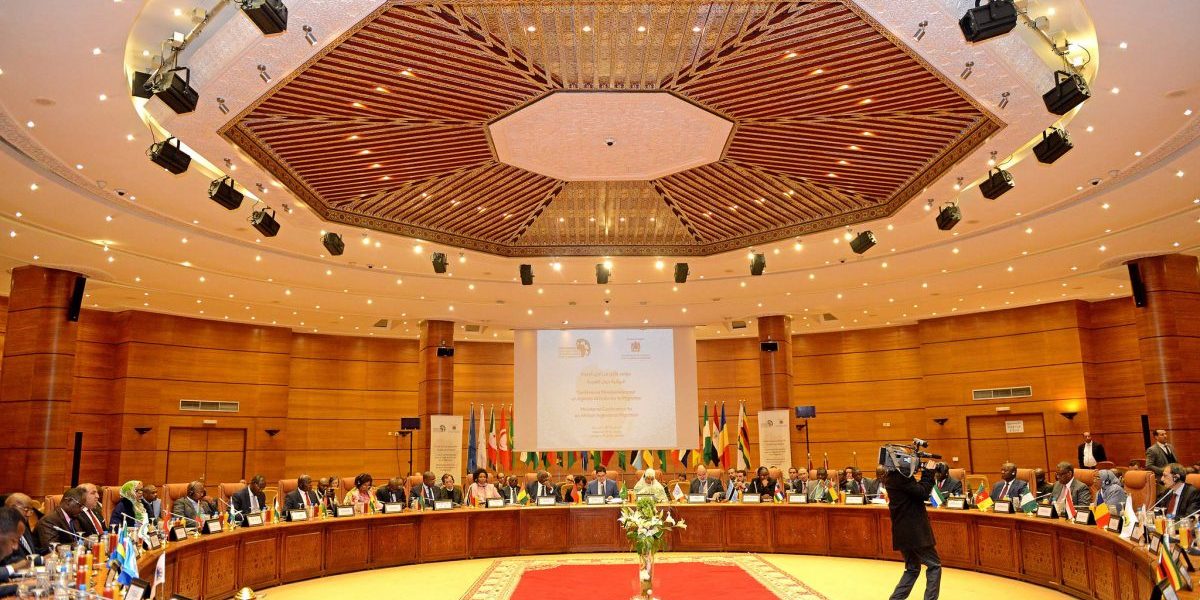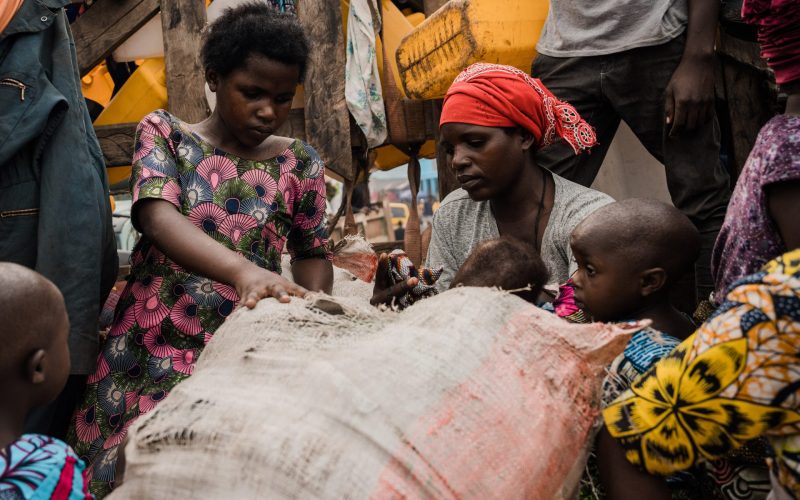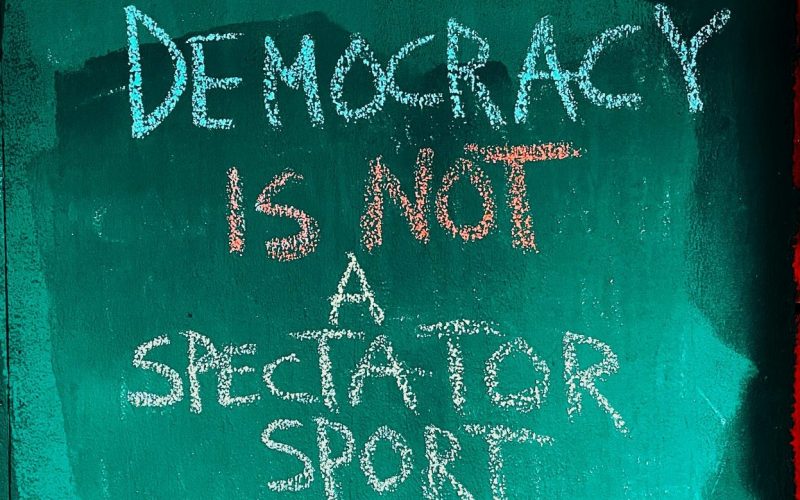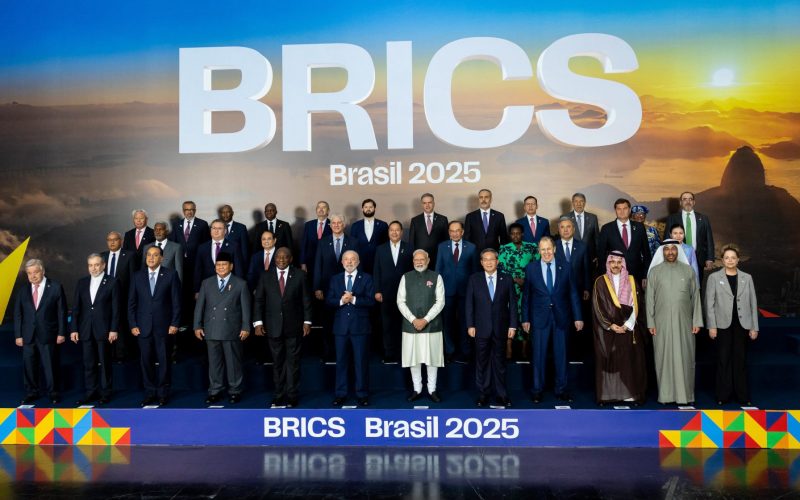Two weeks ago, the AU summit broadened their definition of an ‘unconstitutional change of government’ to include incumbent leaders using unconstitutional means to stay in power. Such as suspending a democratic constitution to avoid presidential term limits. When President Tandja did precisely that last year, Niger’s opposition parties called it a ‘coup’. The Economic Community of West African States (ECOWAS) followed suit and imposed sanctions against Niger. The AU endorsed this stance in October 2009.
Now the African Union is in a dilemma. Two weeks ago, the AU summit broadened their definition of an ‘unconstitutional change of government’ to include incumbent leaders using unconstitutional means to stay in power. Such as suspending a democratic constitution to avoid presidential term limits. When President Tandja did precisely that last year, Niger’s opposition parties called it a ‘coup’. The Economic Community of West African States (ECOWAS) followed suit and imposed sanctions against Niger. The AU endorsed this stance in October 2009.
Having condemned President Tandja’s unconstitutional grip on power, can the AU now condemn the ‘counter-coup’? This military overthrow is certainly a more textbook case of an unconstitutional change of government. They have to condemn it. In the long-run, it could be a step towards the restoration of democracy. But that depends on whether the instigators of this military coup stick to their stated goal of bringing back constitutional rule. It also depends on how much pressure the AU, ECOWAS and the international community place on them to hold elections. Unfortunately, once the military gets a taste of power, they seldom hand it back to civilian rulers quickly or unconditionally.
So the end cannot be used to justify these means. The problem then becomes how to establish democracy by democratic means? It is a question that has vexed philosophers since the French Revolution. The AU has been grappling with it since they began to condemn coups in the 1990s. In practice, the Peace and Security Council is evolving a set of responses depending on the context. These range from a relatively mild statement of condemnation, to suspension of the country’s membership of the AU, to economic sanctions. Each case is also followed with careful regional mediation to persuade the coup leaders to restore or introduce constitutional democracy, free, fair elections and a process of legitimation of a new government.
To ignore the coup would be to allow a cycle of political instability to set in. This is dangerous, particularly in a country where the stakes are so high. Niger is one of the poorest countries in the world, but it has mineral riches of uranium, gold and oil. Political office is often the only route to economic power in places like this. Those in government have access to the revenues and kick-backs from lucrative mining contracts, and the rest of the population have very little. Countries with large investments in Niger have strategic interests in backing one or other party to the conflict. For example, France’s nuclear energy interests are vested in the stability of uranium imports from Niger. The AU would need to be aware of such interests and keep to the script of their own writing in the AU Peace and Security Council Protocol and the African Charter on Democracy, Governance and Elections.
Each case of conflict in Africa has to be seen in context and tested against the fragile new principles of the AU. What happens in Madagascar, Guinea, Mauritania and Niger this year may in future inform a new African leadership stance on Zimbabwe, Sudan and even Libya’s long-standing coup plotter.








